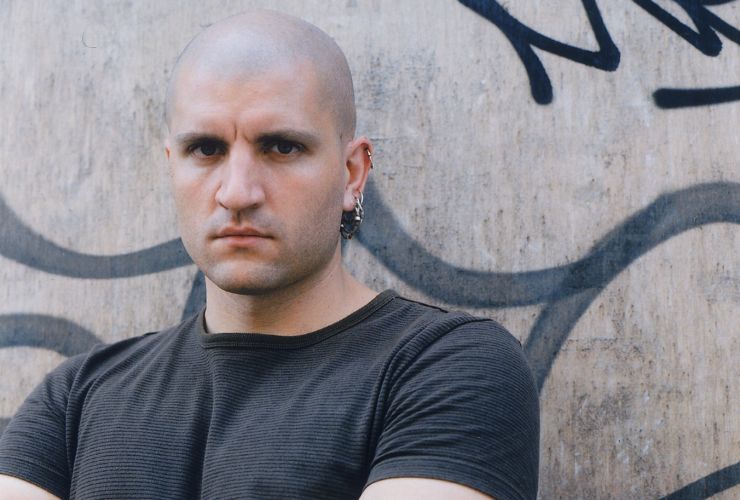
The Boston Review has an interview with staggeringly talented writer and clear-eyed militant China Miéville. Miéville discusses how his fiction writing does (and does not) relate to his politics, and reflects on how a realistic pessimism is essential for those seeking to transform the world. Miéville’s most recent books is October: The Story of the Russian Revolution. Here’s an excerpt from the interview:
Boston Review: Do you find, in this moment of political nadir, that your sense of the kinds of utopias or dystopias that you want to talk about has changed? This may be another way of asking, as you do in “The Limits of Utopia,” whether there are better ways to despair or worse ways to hope right now.
China Miéville: It is hard to avoid the sense that these are particularly terrible days, that dystopia is bleeding vividly into the quotidian, and hence, presumably, into “realism,” if that was ever a category in which one was interested. At this point, however, comes an obligatory warning about the historical ubiquity of the questionable belief that Things Have Got Worse, and of the sheer arrogance of despair, the aggrandisement of thinking that one lives in the Worst Times.
But hot on the heels of that, we need a countercorrective to a no-less arrogant assumption that things will likely be alright, out of fear that thinking otherwise would indeed be arrogant. Against surrender to the complacency and historical myopia of steady-state politics—of precluding, as a real possibility, epochal degeneration.
There has not in living memory been a better time to be a fascist. I think these are dreadful, sadistic times, getting worse—though with abrupt and salutary countertendencies—and there is no reason that their end point might not be utter catastrophe. For me, facing that is urgent, as is the deployment (or anti-moralist rehabilitation) of categories such as “decadence” and “Barbarism” (as in “Socialism or . . .”).
It is not as if the world has not long, long been one in which vast numbers live in dystopian depredation. The horizon is more visible now to many who had thought themselves insulated, if they thought about it at all. And dystopia for some is utopia for others. To repeat something I have said elsewhere, we live in a utopia: it just isn’t ours.
Image of China Miéville via Boston Review.